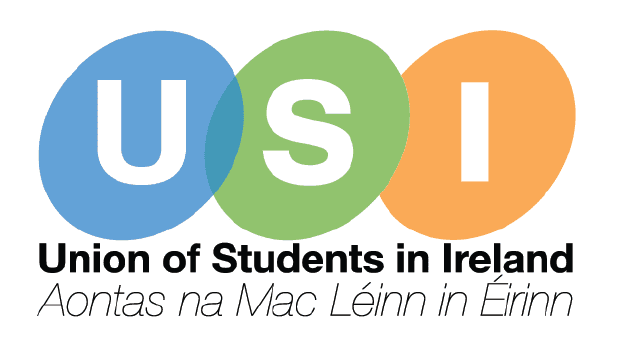The Union of Students in Ireland (USI) is demanding student teachers receive financial support while on placement in response to a recent report which found a ‘total collapse’ in the number of people applying for teacher-training course. Following student teacher’s one year higher diploma being replaced by a to a two year professional masters of education, the Union is concerned that the cost of college is the contributing factor for this crisis. This barrier can be somewhat overcome by supporting students financially to cover the cost of travel, accommodation, materials, and food in order to alleviate the financial burden placed on students.
USI President Michael Kerrigan said,
“The two-year masters course which replaced the one year Higher Diploma in Education, has placed a financial burden of up to €11,000 on prospective teachers. On top of this, many students are paying at least €50 a week for travelling to their placement over 10 weeks. Most students are spending at least €200 to buy professional clothes for placement.”
Mr Kerrigan went on to say,
”Student teachers are exhausted from working part-time during placement, but many students are left with no other option. We are now faced with a crisis situation, schools cannot find qualified teachers for certain subjects, it’s not a pinch point, it’s a crisis.”
Teaching graduate from St Angela’s College Sligo, Aoife Deasy, said,
“Teaching is a very expensive degree, I completed the 4 year B.Ed programme, on my first day in college I spent €1,000 on materials. I completed a 3 week placement in first year, a 4 week placement 2nd-3rd year and a 10 week placement in final year. I was never once paid for placement. I was fortunate enough to find a placement at home, however some of my classmates were forced to rent in Sligo, and somewhere else in Ireland for the duration of their placement.”
USI is urging the Minister for Education and Skills Richard Bruton to discuss how the Department for Education and Skills can support student teachers on placement in order to tackle the teacher shortage crisis.

